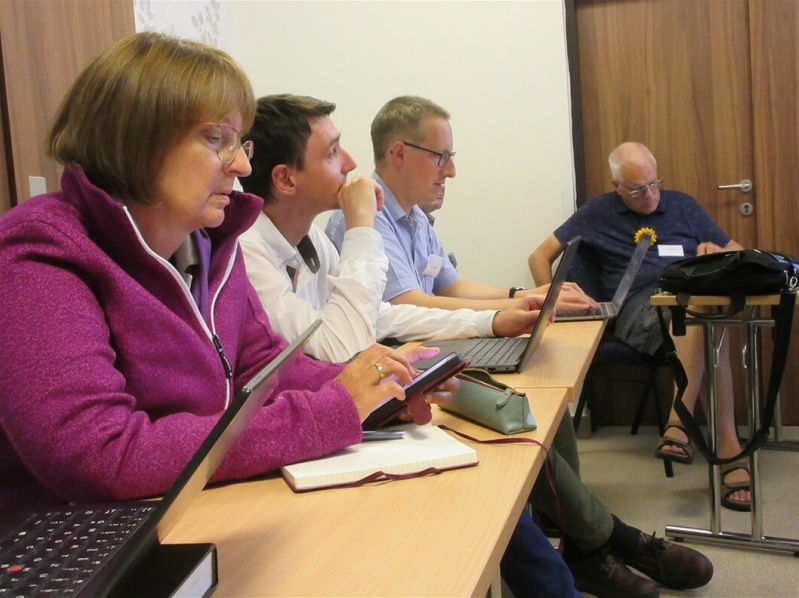
‘Evangelical identity in Europe Today: Unity in Diversity’ will be the thematic focus of the 2024 conference for the Fellowship of European Evangelical Theologians (FEET) this summer.
FEET is organizing the event in celebration of the 50th anniversary of the Lausanne Movement, alongside the European Evangelical Alliance (EEA) and Sdružení Evangelikálních Teologů (SET), an evangelical body for Czech theologians. The conference takes place in Hotel Olšanka, Prague, Czechia, from August 23 to 27.
Pieter Lalleman, a member of the FEET executive committee, told Christian Daily International that the event will be readdressing what it means to be evangelical and even whether the term itself is still appropriate in the current political, cultural and societal climate.
“At a time when the very label evangelical is discredited by ‘evangelicals’ supporting [former U.S. President] Donald Trump and when post-evangelicals have appeared on the scene, this is a relevant subject if ever there was one,” Lalleman said. “Some of us want to abandon the word ‘evangelical’ altogether because of the unhelpful associations it conjures up, although I would personally rather claim it for ourselves.”
This is a time when theologians and believers generally need to look at the wider picture with evangelism, according to Lalleman.
“Are we evangelicals fundamentalists? Probably not. How large are the differences between evangelicals in western and eastern Europe really? How do we relate to reformed and orthodox churches? What can we learn from Christians in the global South? Is John Stott indeed the model we still want to follow? All these and more questions will be on the table in Prague.”
FEET boasts “a record number of members”, added Lalleman, who believed the fellowship was therefore in a good position to organize such a conference addressing evangelical identity.
The organization currently has 108 direct members plus a larger number of associate members via partner bodies such as the Arbeitsgemeinschaft für Biblisch Erneuerte Theologie (AfbeT, Switzerland) and Arbeitskreis für Evangelikale Theologie (AfeT, Germany).
FEET’s history began as an offshoot of the 1974 Lausanne Congress on World Evangelization, which launched the Lausanne Movement, motivating evangelicals to work together for the gospel.
David Kramer, a lecturer in systematic at the church-affiliated Internationale Hochschule Liebenzell in Bad Liebenzell, Germany and FEET secretary, explained that the 50th anniversary of Lausanne had been deemed a “good moment” to address the question about the state of evangelicalism in Europe today.
The conference involves evangelicals from diverse traditions, backgrounds and geographies to include wide historical and sociological perspectives, with scholars highlighting specific countries for illustrations.
At the same time, the conference will explore evangelical foundations, such as the authority and role of the Bible and biblical hermeneutics, as well as how evangelicals see themselves and are seen by non-evangelicals.
More specific questions will be studied in workshops such as the relationship between European evangelicals and nationalist or populist movements, world missions, the Global South and post-evangelicalism.
“Questions of evangelical identity have become pressing for evangelicals in Europe, because of the way ‘evangelical’ has become associated with specific political forces, e.g. in the United States or Brazil,” said Kramer.
“Some wonder whether this is still a useful uniting label; others point to the term’s pedigree and ability to unite Christians from different backgrounds in a focus on the gospel. All this seems to make the question both acute and opportune and to promise lively discussions.”
The last FEET conference was also held in Prague in 2022 under the theme: ‘Hope for the World: Eschatology as a Source of Life for the Mission of the Church.’





